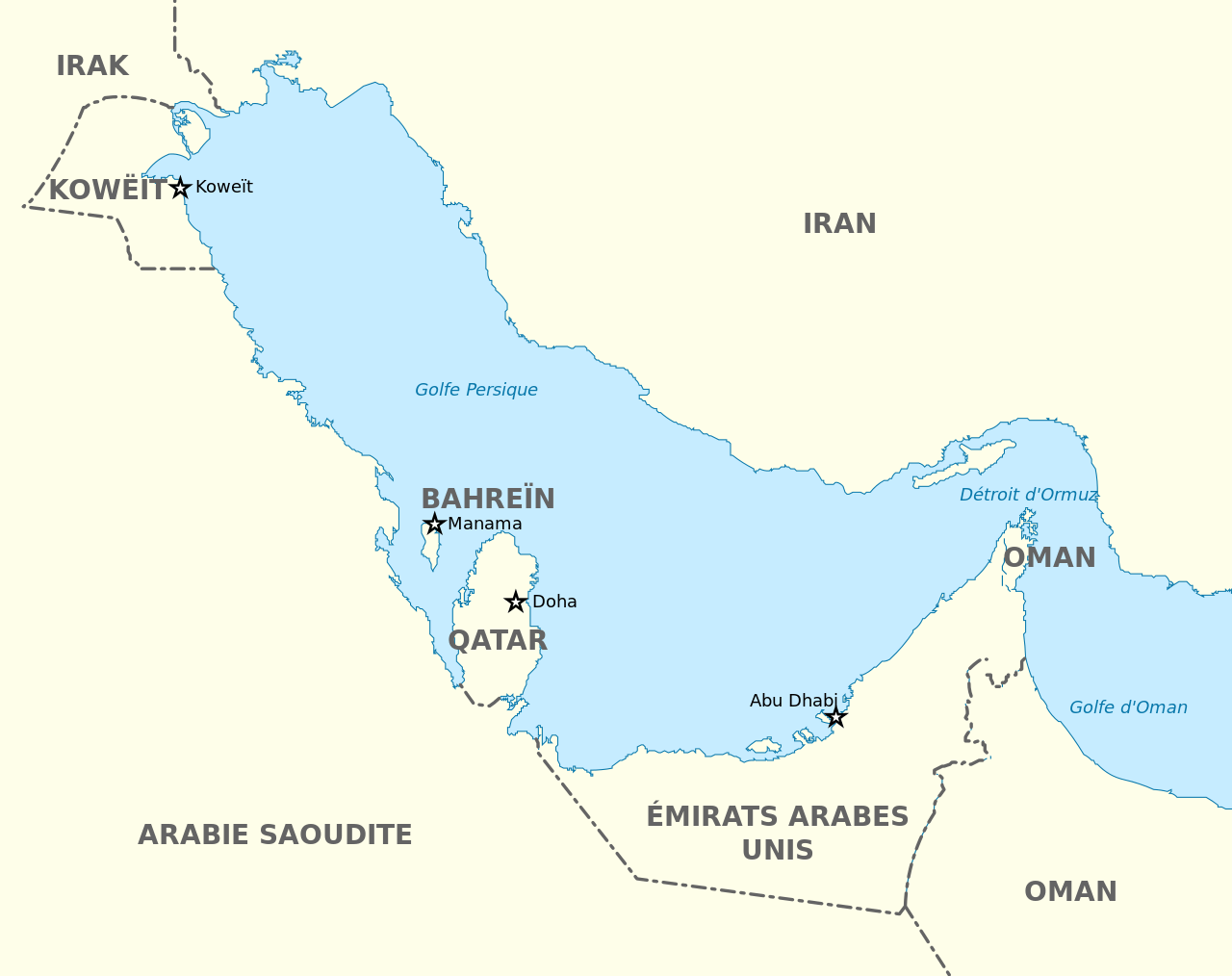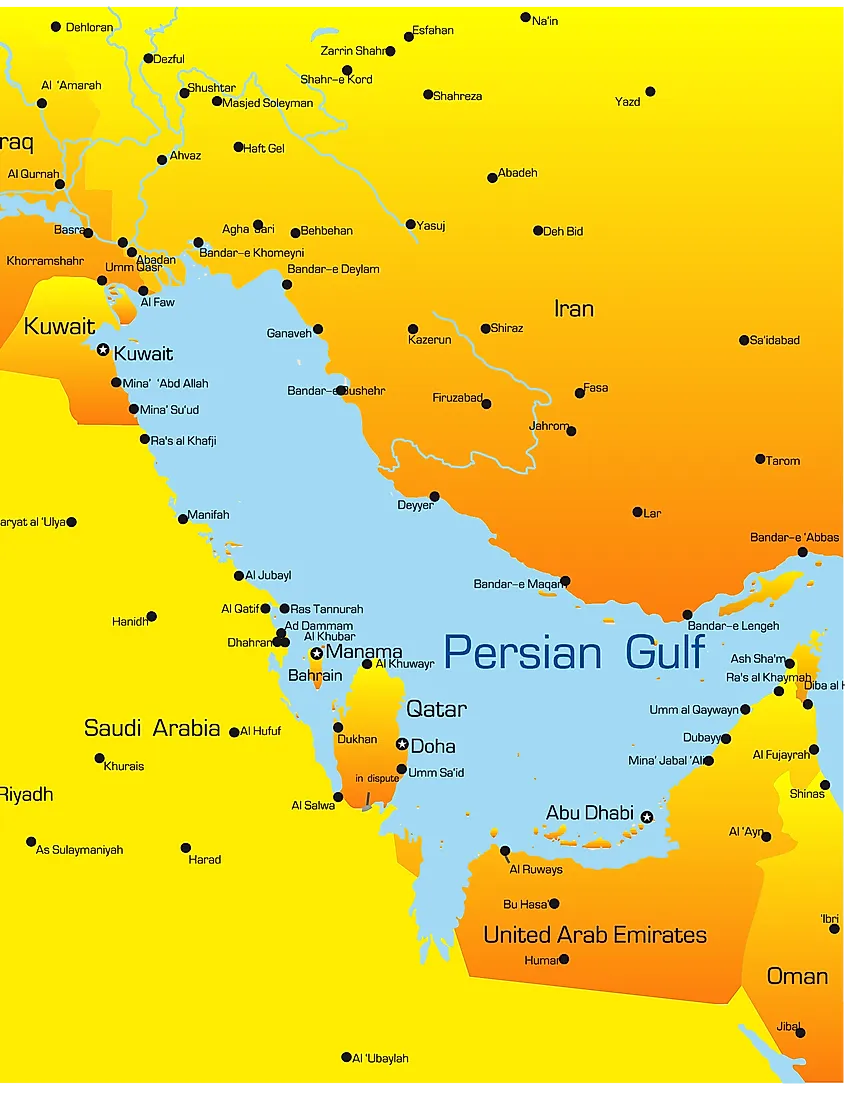
He devotes the second volume to the Bu Saʻid family, which took control of Oman in the 1740s and remains in power.

He then turns to the Yaruba dynasty, which ruled Oman for about 125 years from 1624. In the author's view the task of converting Oman's Christian inhabitants to Islam was simplified because Christianity was "weighed down and encumbered by the character and example of some of its churchmen." Miles then covers Persian Gulf trade and politics from the 16th century, as European powers Portugal, Holland, and Britain entered the region, and there is a chapter on the history of Oman's place in the East-West trading patterns from earliest times. He departs from strict narrative based on Kashf al-ghummah and other Arab sources to note that the Prophet Muhammad "is entitled to applause, veneration and gratitude of the world" as a great lawgiver. The second chapter deals with Islamic Oman and the eastern Arabian Peninsula.

Miles consults as well as critiques al-Izkiwi's Kashf al-ghummah (Removing consternation) for the post-Biblical, pre-Islamic story of Oman. Trade included slaves, spices, gold, precious stones, and textiles from Asia and Africa. Miles covers pre-Islamic history, pointing out that from the very earliest times the inhabitants were masters of maritime commerce. This account of Oman's political history is still widely consulted and quoted. They were compiled and published posthumously, first in 1919, and reprinted several times later. Miles, longtime British official in the Persian Gulf generally and Oman in particular. The Countries and Tribes of the Persian Gulf is a collection of the notes of S.B. The countries and tribes of the Persian Gulf.


 0 kommentar(er)
0 kommentar(er)
